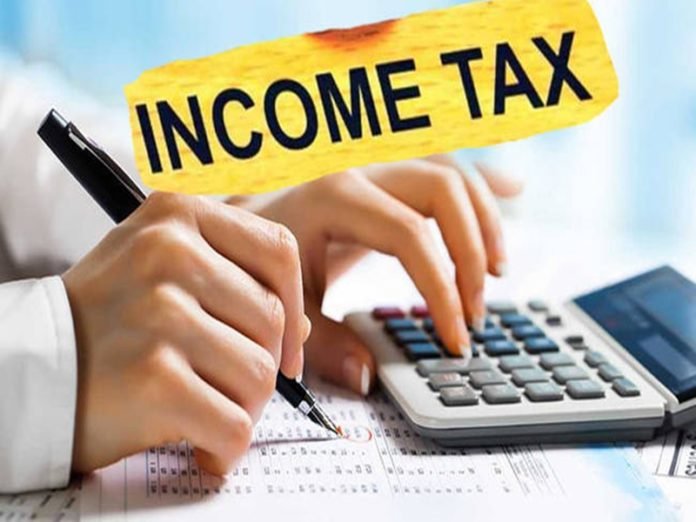The Finance minister on Tuesday kept the income slabs unchanged yet again in what was largely infrastructure-focused for the coming financial year.
However, the finance minister announced some important measures for taxpayers and digital currency owners in his budget speech today.
Like last year, there was no change in the income tax slabs in this year’s budget.
In 2020, the government had announced a new tax regime with lower slabs for those willing to forego the various exemptions granted by the government. This regime is
optional for taxpayers.
The last time the government had announced a major change in tax slabs was in 2019 during the interim budget when then finance minister Piyush Goyal proposed full
rebate for individuals with annual income up to Rs 5 lakh, up from Rs 2.5 lakh earlier.
No standard deduction
Despite wide expectations, there was no change in standard deduction either. As per the current system of taxation, a salaried individual is allowed to claim a standard deduction of Rs 50,000 from his/her salary income.
An increase in standard deducation was widely anticipated in view of elevated inflation levels and impact of the pandemic on the middle class.
Updated I-T returns
The government has proposed to provide a one-time window to correct omissions in income tax returns (ITRs) filed.
Taxpayers can file the updated returns within two years from the assessment years.
Crypto tax
FM Sitharaman proposed a 30 per cent tax on income from transfer of virtual digital assets. One per cent tax deducted at source (TDS) on transfer of virtual assets above a threshold, gifts would be taxed, the minister said.
Separately, she announced that government will soon roll out digital rupee based on blockchain technology.
Relief for people with disability
Sitharaman announced tax relief for people with disabilities in her budget speech. “The parent or guardian of the differently-abled person can take an insurance scheme for such a person.
According to the present law, the lump sum payment or annuity is available to the differently-abled person on the death of the subscriber that is the parent or guardian.
“There could be situations where the differently-abled dependent may need payment of annuity or lump sum amount even during the lifetime of their parent or guardian.
I propose thus to allow the payment of annuity or lump sum amount to the differently-abled dependent during the lifetime of the parent or guardians attaining the age of 60
years.”
Relief for startups
The finance minister also announced an extension of one year for the incentives provided to startups. “Tax incentives for startups increased from three years to
four years of incorporation, in view of the pandemic,” she said.
Corporate tax
The corporate tax rate has been kept at the same level. However, concessional corporate tax rate of 15 per cent would be available for one more year till March 2024 for newly incorporated manufacturing companies.
NPS for govt staff
The government has proposed to increase tax deduction from 10% to 14% on contribution to NPS by state government to employees. The benefit won’t be available to non-government staff.
MAT reduction for cooperatives
The finance minister said that the government proposes to reduce Minimum Alternative Tax (MAT) to 15 per cent for cooperative societies, at par with corporates.
Sitharaman announced that surcharge on the long-term capital gains (LTCG) will be capped at 15%. LTCG surcharge is available only for listed shares and units of mutual funds. The government charges a 10% long-term capital gains tax on profits of Rs 1 lakh and above made on equity investments if held for more than a year.

